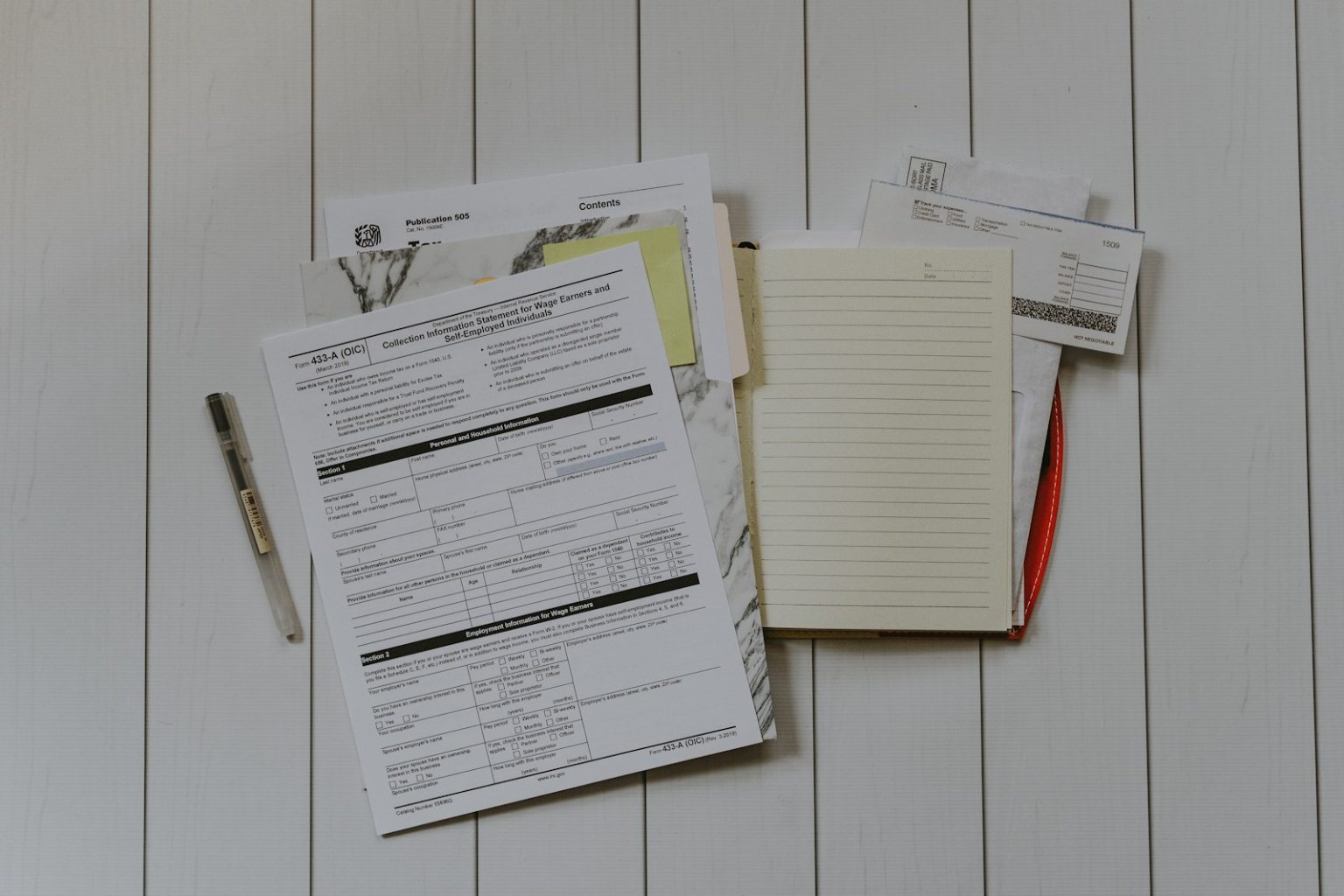The relief postpones the deadline for brokers who must document transactions involving cryptocurrencies and other digital assets. While the IRS has not specified the exact length of the extension, the move acknowledges the challenges brokers face in adapting to new reporting standards.
Industry Response to Reporting Requirements
The decision follows significant feedback from the financial services industry. Brokers and industry associations had expressed concerns about the timeline for implementing the technical infrastructure needed to track and report digital asset transactions accurately.
Many brokers argued that the original deadline did not provide sufficient time to develop and test the systems required to capture the detailed transaction data needed for the Form 1099-DA. The complexity of tracking digital asset movements across various platforms and exchanges was cited as a particular challenge.
“The reporting requirements involve tracking complex transaction data across multiple platforms, which requires significant technical development,” noted one industry participant in public comments to the IRS.
Form 1099-DA Reporting Framework
Form 1099-DA was introduced as part of the IRS’s efforts to increase tax compliance in the rapidly growing digital asset market. The form requires brokers to report:
- Sales of digital assets
- Exchanges of one digital asset for another
- Other taxable transactions involving digital assets
- Cost basis information to help taxpayers calculate gains and losses
These reporting requirements aim to address the tax gap created by unreported income from digital asset transactions. The IRS has identified cryptocurrency and digital asset reporting as a priority area for enforcement in recent years.
Implementation Challenges
Brokers face several technical and operational hurdles in implementing the reporting requirements. These include:
Determining cost basis for assets acquired through various means, tracking transfers between wallets and exchanges, and identifying taxable events in a landscape where technology and transaction types evolve rapidly.
Additionally, many brokers need to update their customer onboarding processes to collect the necessary taxpayer information required for the forms.
The relief period will allow brokers to develop more robust systems for tracking and reporting these transactions, potentially leading to more accurate tax reporting in the long term.
Next Steps for Brokers
Despite the relief, the IRS has not eliminated the reporting requirement but merely extended the timeline for compliance. Brokers should use this additional time to:
Develop and test systems for tracking digital asset transactions, update customer agreements to reflect new reporting requirements, and train staff on the new reporting obligations.
The IRS is expected to provide additional guidance on the specific requirements and timeline for implementation during the relief period.
This extension represents a practical approach by the tax authority, balancing the need for tax compliance in the digital asset space with the practical challenges faced by the industry in implementing new reporting systems.







